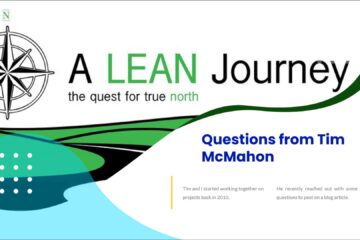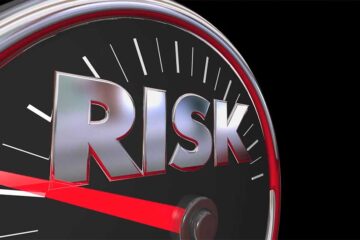Lean System vs. Lean Tools
Would you go to a doctor whose credentials included only the following?
- Completed a six year program at ‘Scalpel University’
- Certified in ultrasound technology
- Developed a medication distribution robot for hospitals
What about one who only focused on the theory of healing, but never actually learned how to read an x-ray or has yet to work with a real, live patient?
The point is that being a good doctor requires both an understanding of the theory behind the art of making people well, in addition to a working knowledge of the tools of the day.
Continuous improvement philosophies are no different. The best practitioners are the ones who understand the big picture (like developing flow) and are able to separate that from the tools that are currently in use.
Consider, for example, kanban. Many people treat kanban like a goal, as is ”We want to get all of our ‘A’ parts on a kanban system by October 17.” It is OK to set a deadline for doing a project like that, but it must be put in context. Getting those parts on kanban is only important because it helps streamline parts flowing through a facility and makes the company more responsive to changes in demand. And hear this: kanban systems, some day, will be a dinosaur. They will go extinct because a newer, better tool will come along. It might be two thousand years in the future when we finally get telepathy figured out, but it will happen. Every tool fades out as new tools appear.
For that reason, systems like TPS (the Toyota Production System) are essential. They provide the structure that lets Lean tools operate. But systems alone don’t get anything done. They need the right tools to support them. Focus too much on systems, and nothing ever gets accomplished (like in a ‘Think Tank’). Focus too much on tools, and you will never achieve breakthrough objectives within your company.



0 Comments